The Moderate, Conservative, and Radical Republicans of Reconstruction
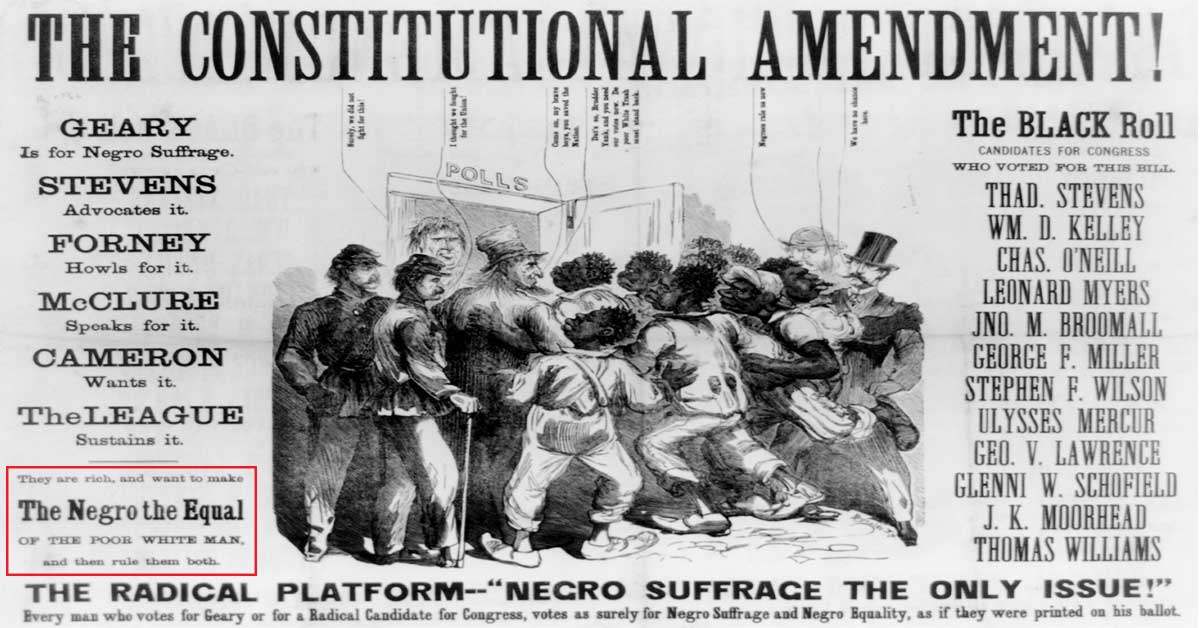
We explain three different types of Republicans found in America during Civil War Reconstruction: moderate, conservative, and radical Republicans.
Abraham Lincoln (1809 – April 15, 1865) became the 16th President of the United States when the former Whig was elected as America’s first Republican President in 1861.
NOTE: Thomas Jefferson was called a Republican when opposing Hamilton and the Federalists in early America, however, he and Madison ran as Democratic-Republicans. So by party name the early Democratic-Republicans are a precursor to the Democratic party, while the opposition party is a precursor to the Republican party. This becomes complicated only when we consider that early Republicans were the party of the North, bankers, and trade while the early Democrats were the pro-south farmers. See the parties switched platforms and members and Lincoln the Republican.

We explain three different types of Republicans found in America during Civil War Reconstruction: moderate, conservative, and radical Republicans.
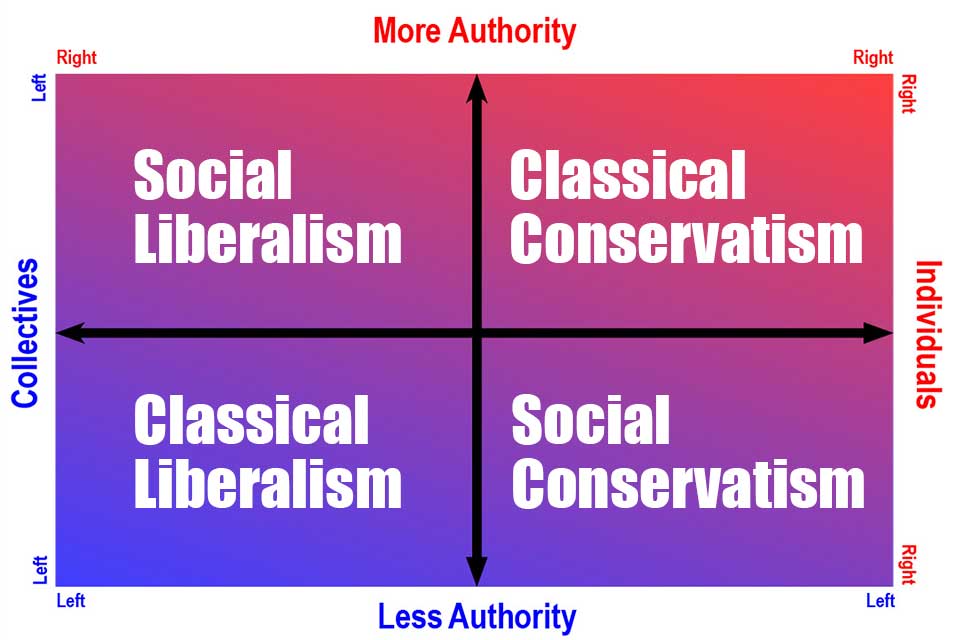
We explain liberalism and conservatism, including the different social and classical types of liberalism and conservatism.
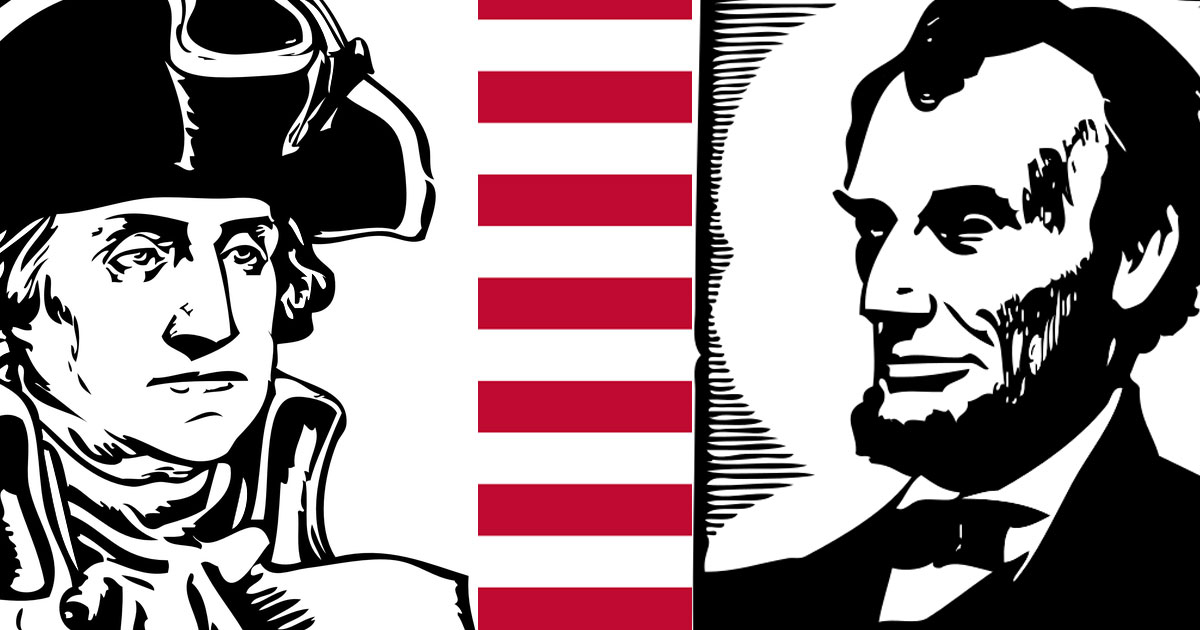
We explain the political terms conservative, moderate, liberal, progressive, and radical and how they are used in different contexts.
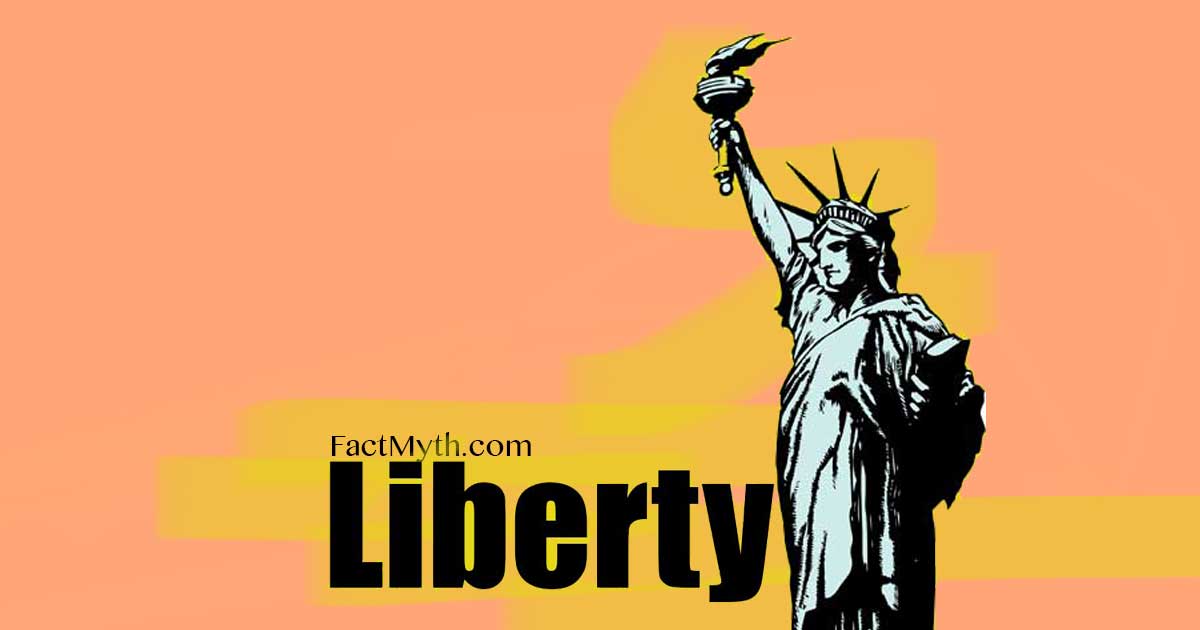
Classical liberalism arose in opposition to state-imposed religion and aristocracy in the 1600 – 1700’s during the Age of Enlightenment in Europe and America.
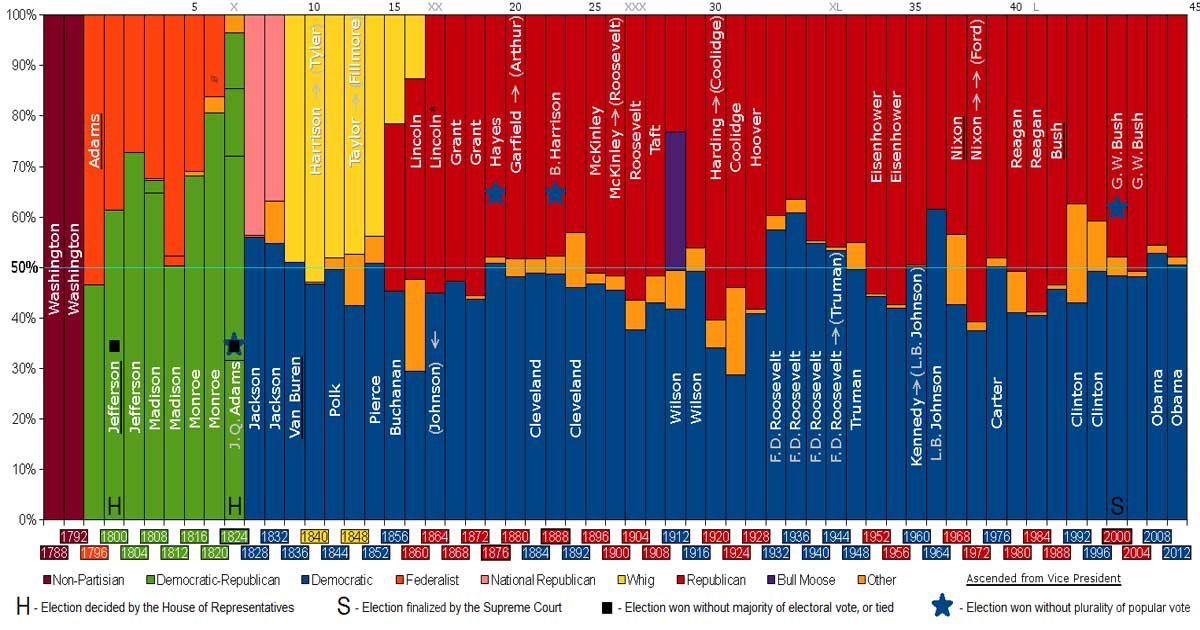
On this page, we look at political parties from a historical perspective to better understand the underlying left-right politics all political parties are based on.